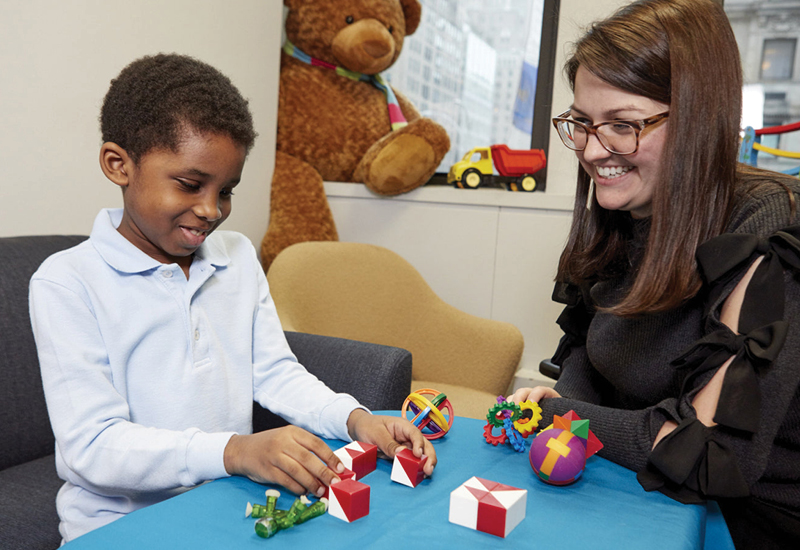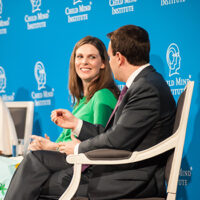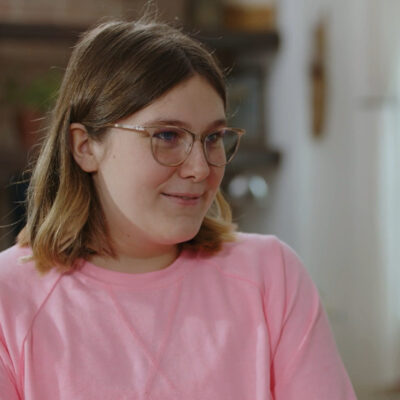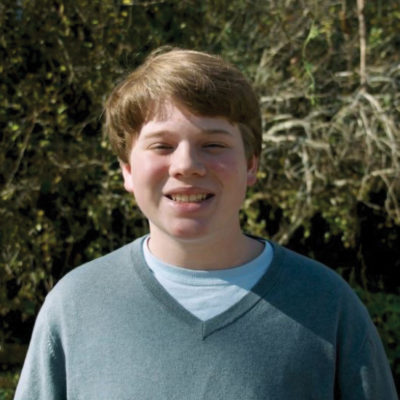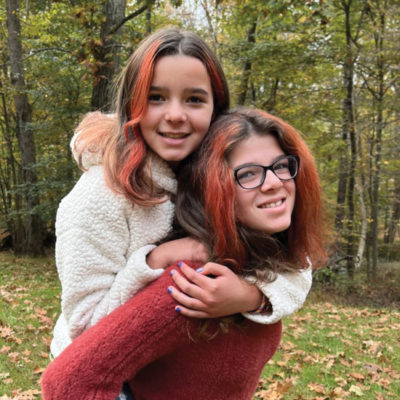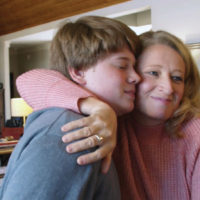Millions of children – as many as 1 in 5 – struggle with mental health or learning challenges. Fully 70% of U.S. counties do not have a single child and adolescent psychiatrist. Due to stigma, misinformation, and a lack of access to care, the average time between onset of symptoms and any treatment at all is over 8 years. Our children deserve better.
That’s why the Child Mind Institute was created.
We’re dedicated to transforming the lives of children and families struggling with mental health and learning disorders by giving them the help they need. We’ve become the leading independent nonprofit in children’s mental health by providing gold-standard evidence-based care, delivering educational resources to millions of families each year, training educators in underserved communities, and developing tomorrow’s breakthrough treatments.
Together, we truly can transform children’s lives.
